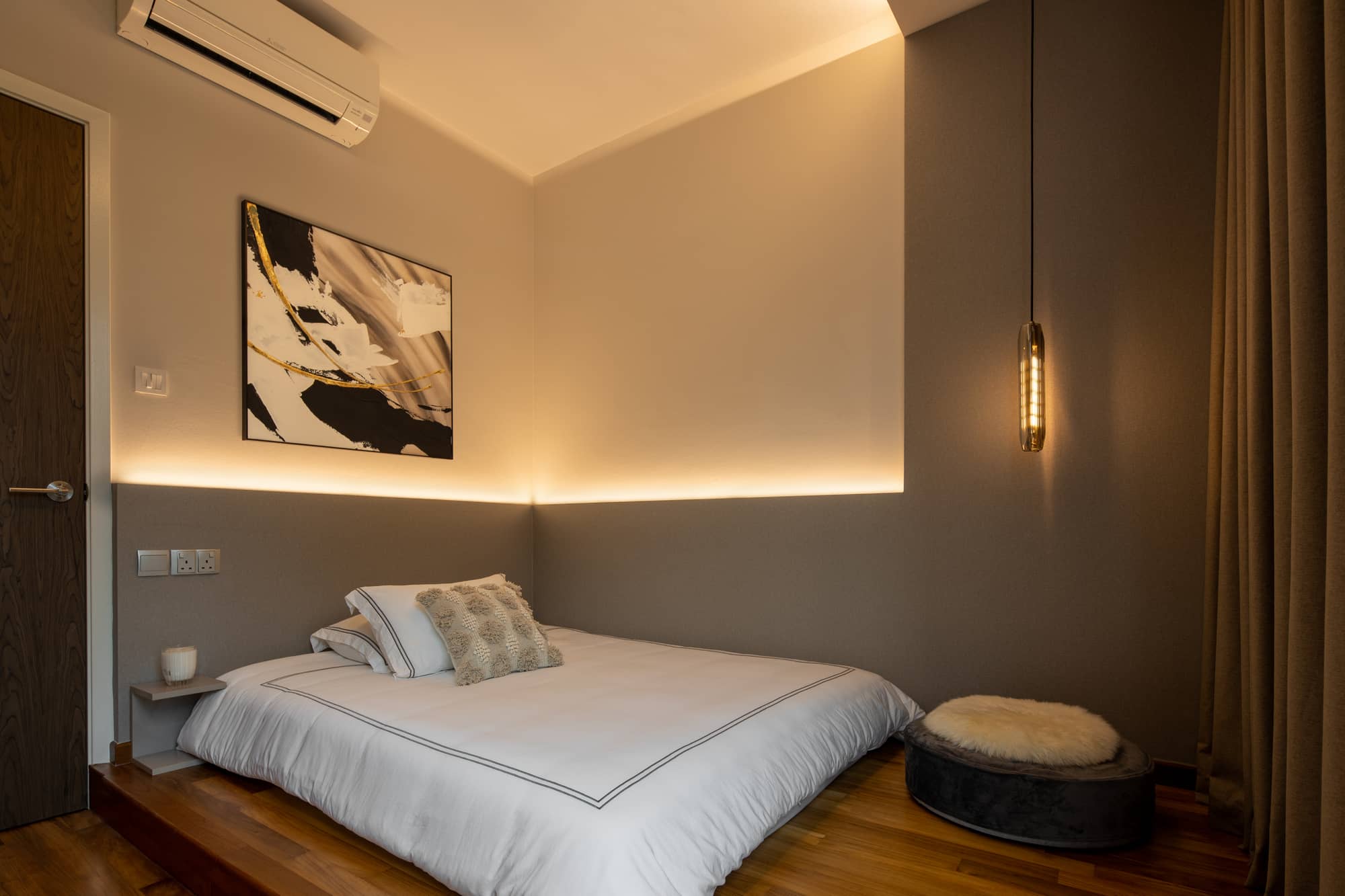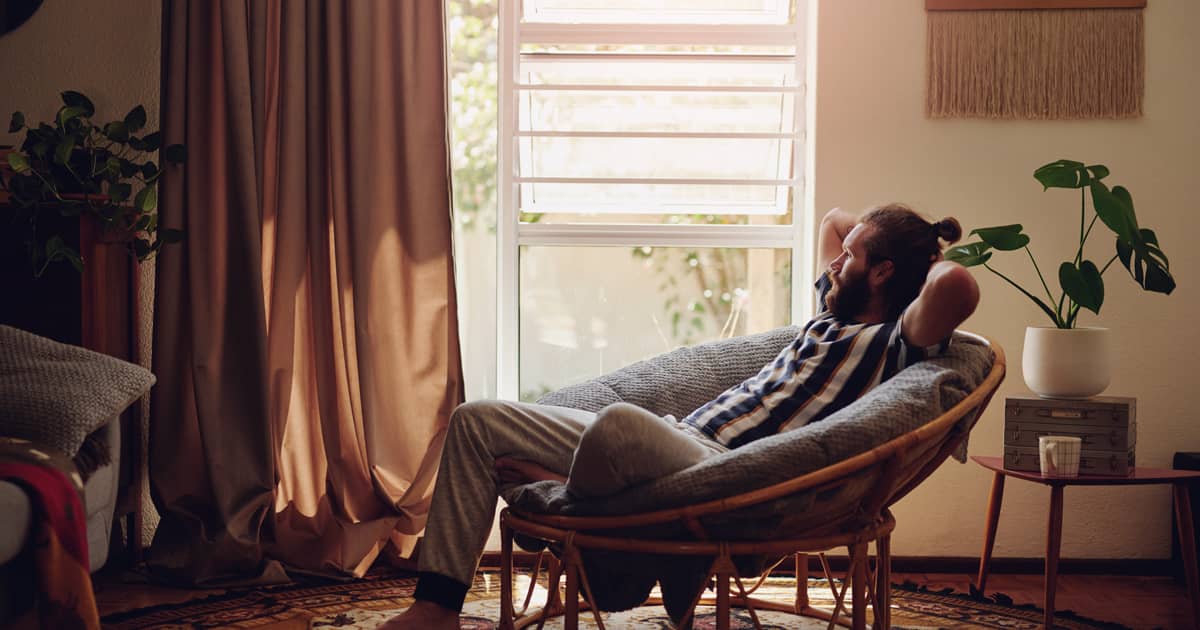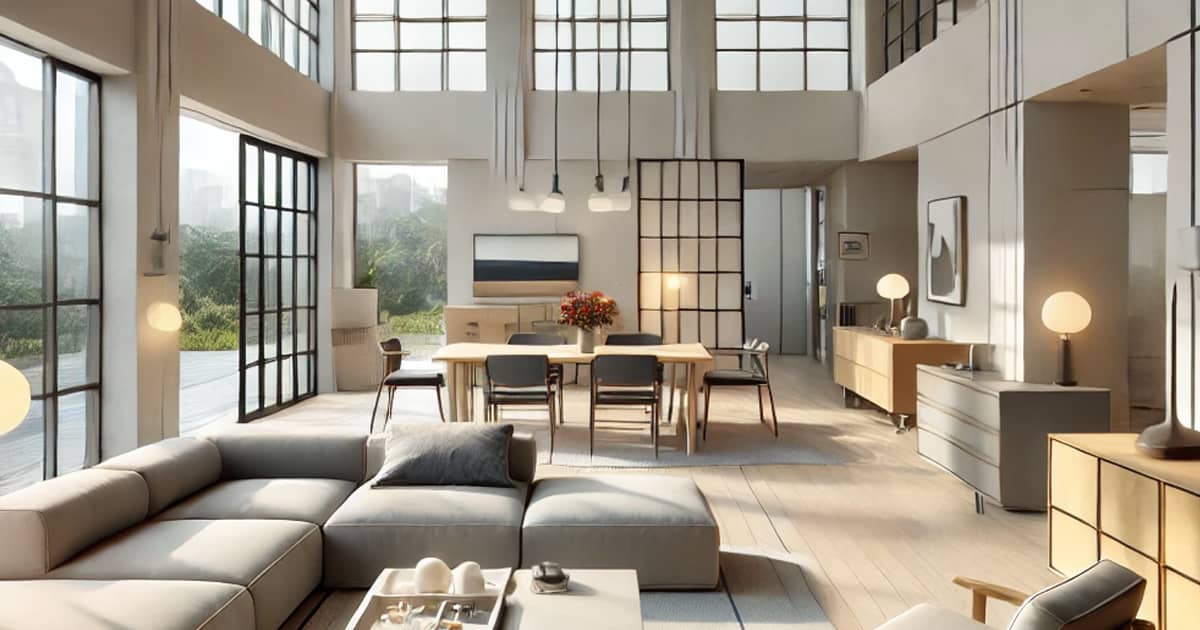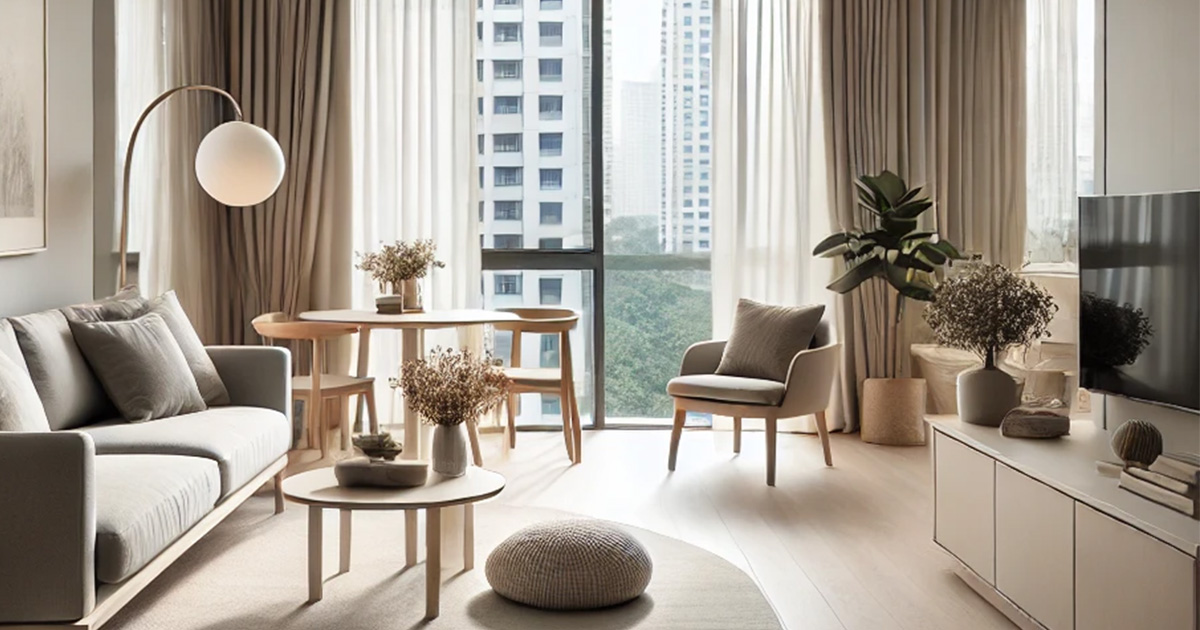Did you know that your bedroom environment is one of the main factors that impact sleep quality? A room that’s too hot or too cold, a bed that does not provide the right support or too much light pollution during the night can all interfere with your ability to get a proper rest.
As part of a home renovation, the design and construction of the bedroom has to be well thought out to help you enjoy restful hours during the night. Meeting this objective is far from difficult or pricy. You don’t need to spend thousands of dollars on a designer bed in order to get amazing results. Here’s what the Home Guide interior home renovation experts have in mind.
Let’s start with the basics and these basics are grounded in the principles of colour psychology.
Some tones have a soothing effect while others are way too aggressive. The right colour scheme and a little bit of paint will enable a thorough bedroom transformation that’s fairly inexpensive and easy to accomplish.
Pastel tones are a great choice for the bedroom. The colour itself is up to you – it could be blue, green, yellow, orange or even purple. Soft shades give the space some energy and distinctiveness without being overpowering.
Warm colours are also a good choice because they’ll make you feel cosy and relaxed. Yellows, oranges and beiges (used as a neutral tone in a warm scheme) will result in an inviting place that you’ll enjoy spending a lot of time in.
Layouts Tailored for Restful Slumber
The next thing you should pay attention to is the layout of the bedroom.
Rearranging a few things can give you a more restful environment and you’ll be free from having to carry out a complete bedroom renovation.
For a start, make sure that the bedroom is clutter-free. Clutter has been linked to stress and feeling uneasy in a certain place. There should be no decorative knickknacks, clothes in piles or boxes in the bedroom. These should be tucked away neatly. Luckily, you can employ a number of smart storage ideas to get rid of clutter. Multi-purpose furniture (like a bed with a storage space underneath) allows you to utilise bedroom space in the most effective way.
The layout can be enhanced in a few additional ways, if you’d like to go beyond clutter control.
For a start, make sure that the bedroom furniture is up to scale. A home interior design company should have space planning in their expertise in order to coordinate all the elements of the room relative to the size of the space. An oversized king-sized bed in a tiny bedroom is only going to overwhelm the interior design (and probably you)!
Also, a good layout enables easy access to all bedroom essentials. There will be no risk of bumping in corners during the night – something very important to consider when it comes to safety. You should have a clear path from the bed to the bathroom and the closet. Tripping hazards should be dealt with, just like corners, to give you and your loved ones a perfectly safe and relaxing environment.
Most interior designers and decorators will tell you that the quality of textiles is important throughout the home but even more so in the bedroom.
So, what kind of bedsheets do you sleep in? How about your blankets and duvet?
Opt for breathable fabrics like cotton, silk and linen. It’s a good idea to choose a colour scheme for textiles that’s reminiscent of the overall tone selection in the bedroom. Alternatively, you can have sheets that contrast the main colours or that have patterns/shapes. Colourful, beautiful sheets will easily give you a focal point and the best aspect of that choice is that you’ll be changing a major design element each week.
Avoid cheap, synthetic materials when it comes to linens. You need quality sheets, just like you need a supportive mattress. These are the two things in the bedroom you should splurge on instead of attempting to discover the cheapest offer. More expensive linens will definitely pay off in the long run by giving you both product longevity and enhanced sleep quality.
Minimise the Presence of Electronics in the Bedroom
Sleep experts recommend minimising screen time before going to bed. Television, computer and phone screens emit blue light that can be seriously disruptive as far as sleep goes.
Improving bedroom design will often involve getting rid of certain things instead of putting new items in.
Do you currently have a TV in the bedroom? The time may be right to get rid of it. Having a TV in the living or dining room is more than enough. Your bedroom should be reserved for relaxation and peaceful activities. Falling asleep in front of the TV is one of the worst things you can do. Your sleep will be lighter and you’ll experience more disturbances during the night. Also, getting used to fall asleep in front of the screen will make it difficult to dose off in any other way.
If you need to keep some electronics in the bedroom or you can’t get rid of the TV, put it behind a wooden screen or inside a cabinet. This way, you can get rid of electronics whenever you decide to try falling asleep in a healthier way.
You can easily improve sleep quality if you simply optimise bedroom design. And if you don’t know how to make such change happen, get in touch with Home Guide. Our interior design experts will assess your current bedroom and recommend improvements that will give you a more peaceful place that’s perfectly tailored to meet your needs.





